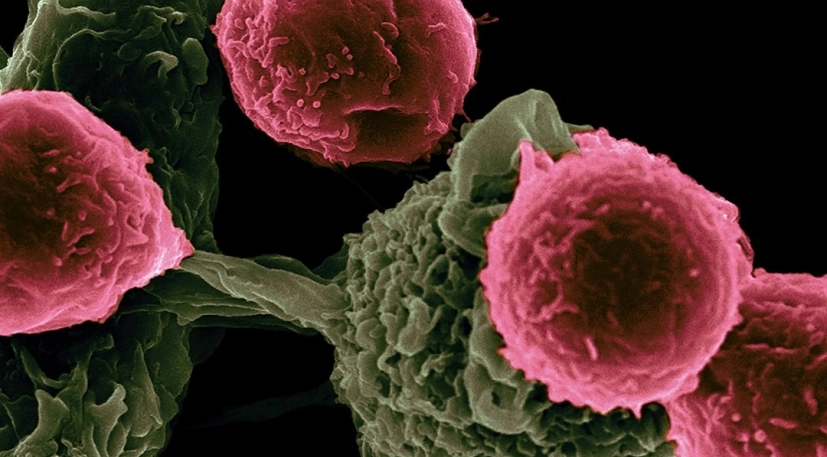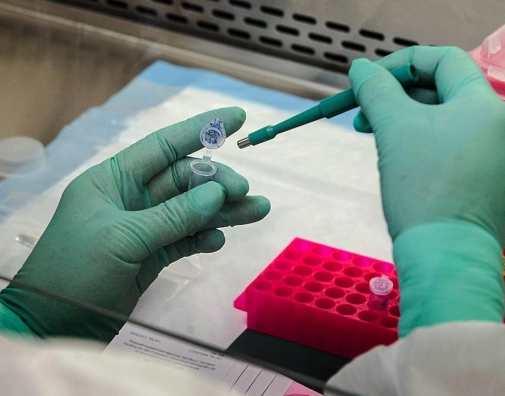
DNA Testing and Mental Health: Exploring the Genetic Basis of Disorders

DNA testing or genetic testing is the future of mental health care. It determines an individual's chance of developing a genetic disorder by examining their genetic makeup. A mental health disorder can have a significant impact on how you think, act, and how well you cope with daily life. Most mental disorders have a high rate of heritability.
For example, if your close family member lives with a particular mental illness, your risk of developing that illness increases. Mental conditions that are likely to have genetic components include depression, bipolar disorder, schizophrenia, and autism. Genetics helps in understanding these mental disorders and improving the treatment of common mental health conditions.
This article covers the role of DNA testing in mental health care and explores the genetic basis of common mental health disorders. Let's dive into the details.
Understanding Mental Health Disorders
Mental health disorders are conditions that affect how a person feels, thinks, and behaves. These disorders can significantly impact a person's ability to deal with life events, make a living, and form relationships. According to research from the National Institute of Mental Health (NIH), most mental disorders result from a combination of genetic and environmental factors. This is known as multifactorial inheritance.
However, a large number of disorders have a strong genetic basis, and there's an increased risk of having a disorder if any of your close family members live with that particular illness. Some genetic abnormalities may also predispose individuals to a greater risk of developing a disorder without a family history.
The Role of DNA Testing in Mental Health
DNA testing analyzes your genetic makeup to diagnose mental health conditions. Such testing determines the chances of developing a genetic disorder and medication reactions. It helps doctors provide targeted mental health treatment that is suited to a patient's unique needs. Not everyone responds to medications in the same way. Your genetic makeup influences how your body reacts to certain drugs and whether you will experience adverse side effects.
Pharmacogenetics is the science behind genetic testing for drug response. This testing can predict a person's response to various medications. It reduces trial and error that may happen with usual treatment.
DNA testing may help to:
- Detect disorder earlier for better treatment and control.
- Identify gene mutations that can increase the risk of developing an illness.
- Identify gene changes that are connected to an already diagnosed condition.
- Determine the intensity of an illness.
- Help physicians choose the best medicine or treatment for specific individuals with the least potential for side effects.
- Help researchers better understand the way our genes affect mental health for the development of new interventions.
Common Mental Health Disorders with a Strong Genetic Basis
Research has found that certain psychiatric disorders tend to run in families, which shows their potential genetic roots. These disorders include bipolar disorder, depression, and schizophrenia.
Let's deeply look at these illnesses that have genetic components and explore how genes affect these disorders.
Bipolar Disorder
Bipolar disorder is an illness defined by extreme mood swings and periods of depression. It is one of the most genetically inherited disorders, affecting 1-4% of the population. Although it is well known that environmental factors play a crucial role in bipolar disorder, it is estimated that genetic factors account for 70-90% of all cases. A 2014 study found a connection between specific genetic mutations and the development of bipolar disorder.
Depression
Depression is the most common mental health condition that affects around 350 million people worldwide. It involves intense feelings of despair, sadness, and agitation. It affects your ability to work or relate with others and raises the risk of suicidal thoughts and attempts. According to experts, depression runs in families. Numerous twin studies have discovered a 37% rate of inheritance for depression. Genes that regulate neurotransmitters are genes that are believed to be involved in developing depression.
Schizophrenia
Schizophrenia is estimated to have up to 70-80 percent genetic heritability. This mental illness emerges in late childhood or early adulthood. Individuals with schizophrenia experience delusions, hallucinations, trouble concentrating, and antisocial behavior. Like bipolar disorder, there is a strong link between having a first-degree relative with schizophrenia and going on to develop later. If both your parents have this disorder, your chance of developing it is 50%.
The Bottom Line
There are certainly strong links between genetics and mental health. DNA testing for mental illnesses can help you understand your mental health better. This aids psychiatrists in selecting medication for each patient based on their unique genetic makeup. If a disorder runs in your family, your doctor can tell you if it's a condition that can be detected through DNA testing. Your healthcare professional can help you decide whether to have a genetic test and understand those test results.
Pharmacogenomics test

This test offers a comprehensive approach to exploring genetic predisposition to various diseases and health conditions. It analyzes some of the genes involved in the most common conditions of genetic origin.
To prioritize my emotional well-being, I needed to better understand my mental health.
Adnà's Input
Research has found that mental health is linked to both genetic and environmental components. Caring for our mental health is at the top of the list for most of us when it comes to our well-being. It can be very empowering to understand more about how our genes play a role in our emotional wellness.
Visit Adnà's blog to discover the recent advancements in genetic research and find out how genetics influence your life.
Other Journal: News
VIEW MORE


